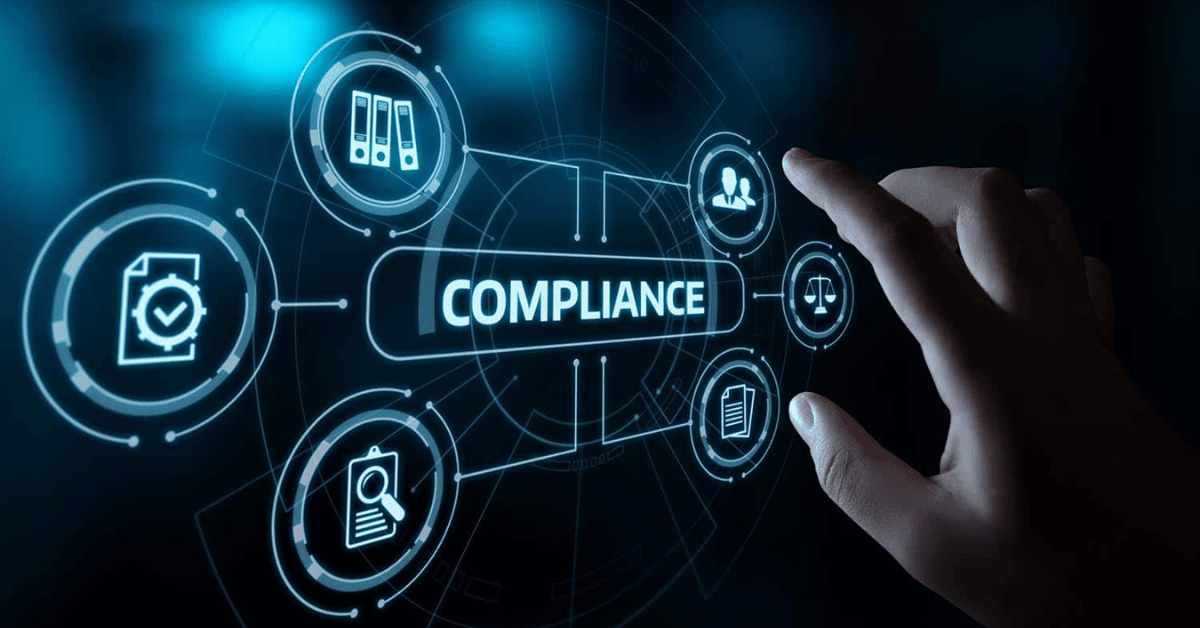Imagine a vast vault, brimming with treasure – in this case, treasure is the data that organizations collect from their customers. Organizations must collect this data as it holds several customer benefits – personalized experiences, optimized operations, and growth. However, guarding this treasure trove comes with a responsibility – demanding responsible data handling.
Compliances in data protection play a fundamental role in safeguarding sensitive information and ensuring smooth business operations. They are an essential framework that guides organizations in handling data responsibly. Established by regulatory bodies, they have evolved to deal with data privacy, security, and protection rights from collection and storage to personal data usage.
Compliance plays a crucial role in
- Protects the rights of individuals regarding their data
- Ensures the accuracy and completeness of data
- Implementation of standardized security measures
- Adherence to national and international laws and regulations
- Identifying, assessing, and mitigating risks related to data breaches
- Builds trust with customers and partners
- Maintains reliability for business operations
Data protection compliance varies significantly across different industry sectors due to specific regulations and standards tailored to the unique needs and risks of each industry.
Industries and their Data Compliances
Compliances for data protection vary significantly across industries. The differences vary due to differing regulatory requirements, types of data handled, and potential risks associated with data breaches. Here are some of the most common data compliances that industries employ –
General Data Protection Regulation (GDPR)
GDPR aims to give control to individuals over their data and simplify the regulatory environment for international business by unifying the regulation within the EU and the European Economic Area (EEA).
It applies to any processing of “personal data,” which is any information relating to names, email addresses, phone numbers, IP addresses, and even location data.
GDPR emphasizes achieving a strong level of data security through appropriate technical and organizational measures. Encryption is considered a best practice to meet these requirements. So if a breach occurs, encrypted data remains unreadable, minimizing potential harm.
Non-compliance with the GDPR can result in several penalties for organizations. These penalties are enforced through tiered systems of fines. The two tiers outlined for administrative fines are:
- Tier 1 (Lower Violations): Includes failure to report data breaches, failure to implement data protection by design & default, failure to maintain records of processing, and not appointing a DPO when required.
Penalty: Up to €10 million, or 2% of global annual revenue, whichever is higher. - Tier 2 (Greater Violations): Includes disobeying basic principles, breaking data subject rights, unauthorized sharing of personal data, or failing to comply with supervisory authority orders.
Penalty: Up to €20 million, or 4% of global annual revenue, whichever is higher.
Health Insurance Portability and Accountability Act (HIPAA)
HIPAA is a US federal law that focuses on protecting patients’ health information.
HIPAA safeguards information that relates to a patient’s past, present, or future health, healthcare provision, or payment for healthcare. HIPAA is crucial for any entity that handles healthcare data, ensuring confidentiality and security.
End-to-end Encryption: Ensures only authorized sender and recipient can access the data, even during transit.
Penalties:
- Civil Penalties: $137 to $68,928 per violation, max $1.5 million/year for repeated violations.
- Criminal Penalties: $50,000 to $250,000 fines, with imprisonment up to 10 years for intentional violations.
Digital Personal Data Protection Act (DPDP)
DPDP is a recently enacted law in India (2023) that governs processing of personal data collected online or digitized offline. It also applies to processing of Indian residents’ data outside India, if done for offering goods or services within India.
Penalties:
- Failure to implement adequate security: Up to ₹250 crore.
- Violation of data subject rights: Up to ₹100 crore.
- Failure to promptly report breaches: Up to ₹150 crore.
Securities and Exchange Board of India (SEBI) Guidelines
SEBI is the regulatory body for securities and commodity markets in India under the Ministry of Finance. Its data protection guidelines include:
- Data protection, backup, and recovery with encryption.
- Data classification of sensitive and PII data.
- Strong encryption for data-in-motion and at-rest.
- DLP (Data Leak Prevention) solutions.
- Offline, encrypted backups with regular testing.
- Secure key management.
Penalties:
- Fraudulent & Unfair Trade: ₹25 crore or 3x profits.
- Insider Trading: ₹25 crore or 3x profits.
- Non-disclosure/Misstatement: ₹1 lakh to ₹1 crore or 3x profits.
- Listing Regulations violations: Up to ₹1 crore.
RBI Regulatory Framework for Customer Data Management
The RBI framework obligates banks to implement encryption for data in transit and at rest. It mandates privacy, unauthorized access prevention, and financial system integrity.
Penalties:
- Failure to report breaches: Penalties based on severity and impact.
- Violation of storage/security norms: ₹1 lakh to several crores depending on severity.
Conclusion
In an era of rising data breaches, it is crucial to adhere to data protection compliance tailored to sector-specific needs. By implementing these measures, businesses across all sectors can secure their data, reduce risk, build stakeholder trust, and ensure long-term success in a data-driven world.

